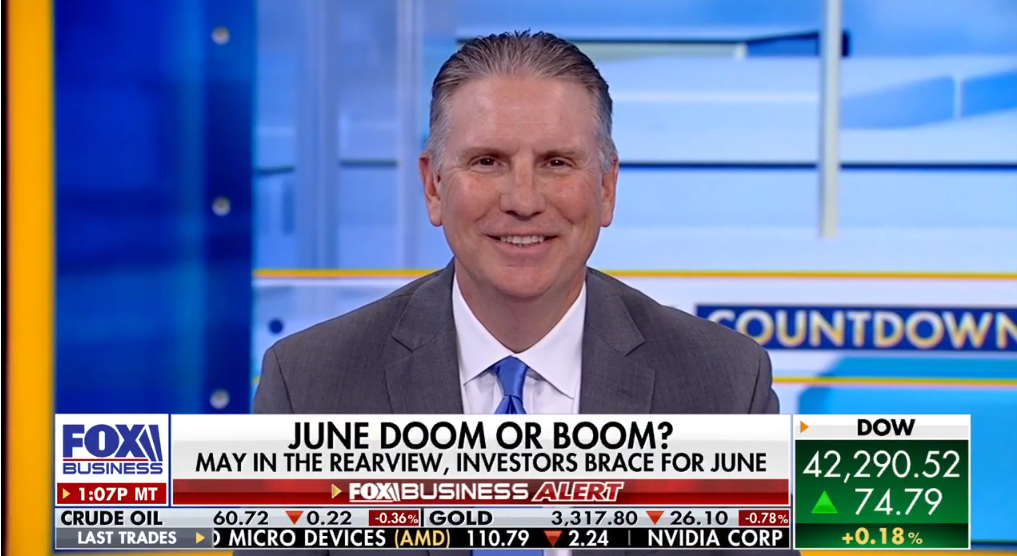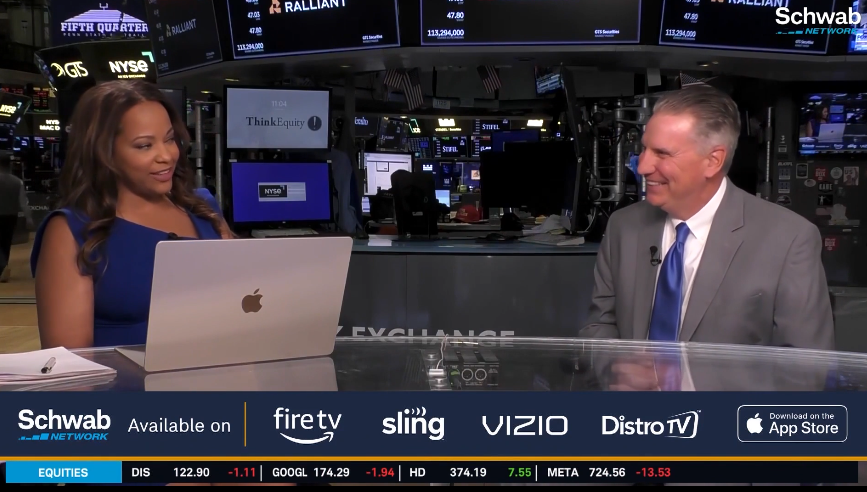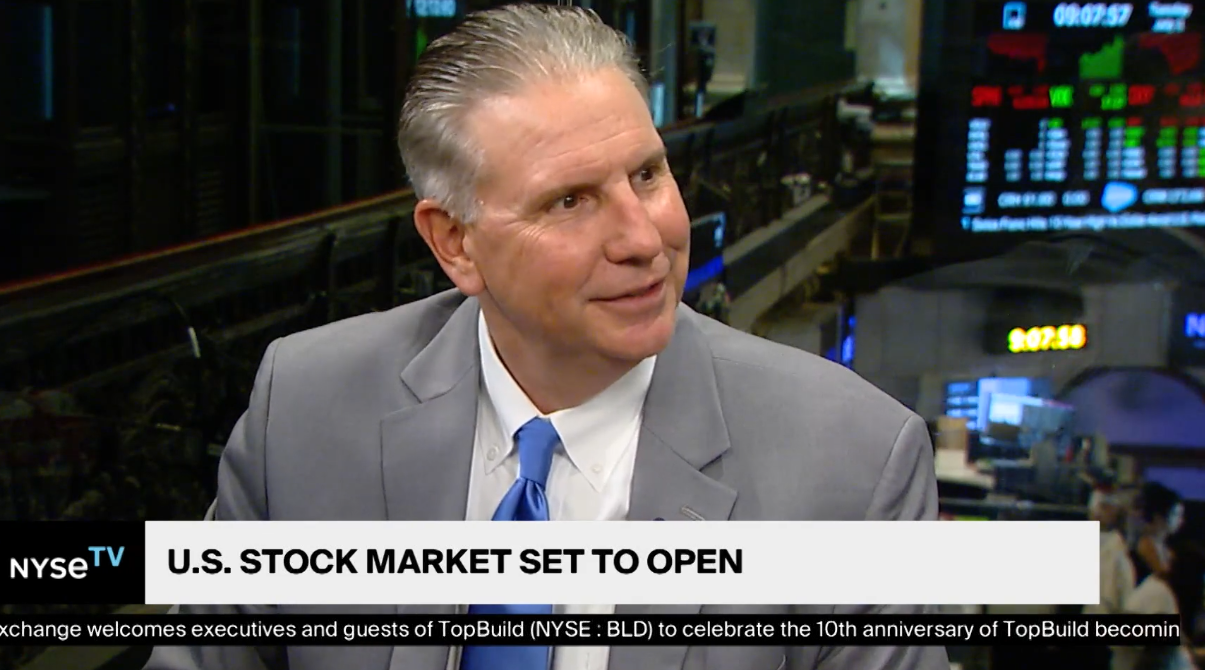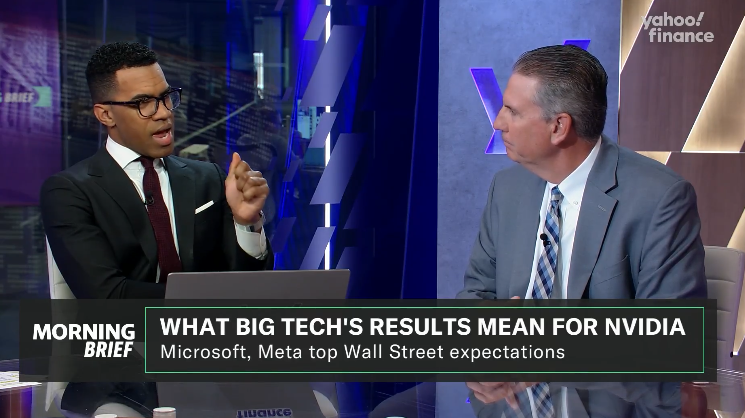
Capital Markets Update – Week of 8/11/2014
Market Overview
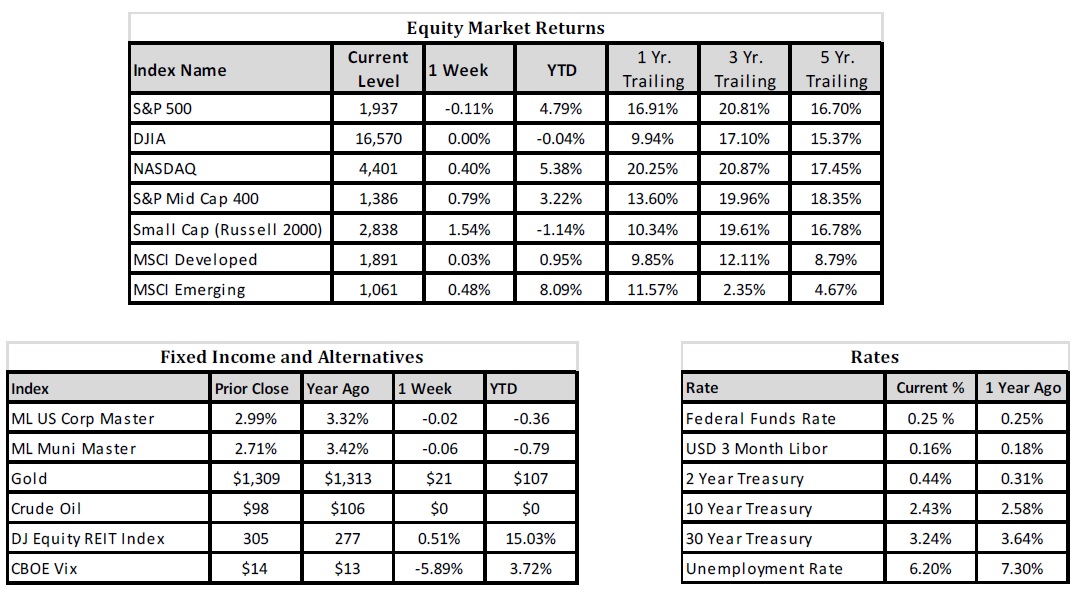 Sources: Rates Data —Bloomberg Markets as of 8/11/14; Equity Market Returns and Fixed Income and Alternatives Data—Wells Fargo Advisers as of 8/11/14
Sources: Rates Data —Bloomberg Markets as of 8/11/14; Equity Market Returns and Fixed Income and Alternatives Data—Wells Fargo Advisers as of 8/11/14
Happening Now
Fund Managers Hold More Cash in August. But What Does That Mean?
Bank of America/ Merrill Lynch recently conducted a survey that looked into what percentage of Fund Managers are currently “overweight” cash in their portfolios. The results show that 27% of respondents consider themselves overweight cash, up from only 12% in July. There are a few interesting takeaways from this article but before we dive in, it’s important to understand what “overweight” cash really means. Consider this, many money managers keep a certain amount of their portfolios in cash to help with trade settlement and client fees. This allows them to draw upon the cash rather than place trades to generate liquidity. So, if a money manager aims to keep say 2% in cash, holding 4% would be considered a large overweight position (a relative increase of 100%.)
A few different media outlets have reported on this survey and most of the headlines have been something to the effect of “Pro Investors Hold Most Cash since 2012.” While on the surface this headline is sure to rattle some investors’ confidence, it’s important to take a step back and keep a proper prospective. The actual survey reported that the average cash position is about 5%. While it is true that this is the highest amount since June 2012, it means that 95% of the portfolios may still be invested in equities, bonds, commodities etc. So to say they are “overweight” may be accurate but it certainly doesn’t mean they are moving 100% of their portfolios to cash in an attempt to time the market. (It should also be mentioned that since 2012, the Stock Market, or S&P 500 has increased a cumulative 54%).
Important Information and Disclaimers
Past Performance is not a guide to future performance.
Investing in foreign securities presents certain risks not associated with domestic investments, such as currency fluctuation, political and economic instability, and different accounting standards. This may result in greater share price volatility. These risks are heightened in emerging markets.
There are special risks associated with an investment in real estate, including credit risk, interest rate fluctuations and the impact of varied economic conditions. Distributions from REIT investments are taxed at the owner’s tax bracket.
The prices of small company and mid cap stocks are generally more volatile than large company stocks. They often involve higher risks because smaller companies may lack the management expertise, financial resources, product diversification and competitive strengths to endure adverse economic conditions.
Investing in commodities is not suitable for all investors. Exposure to the commodities markets may subject an investment to greater share price volatility than an investment in traditional equity or debt securities. Investments in commodities may be affected by changes in overall market movements, commodity index volatility, changes in interest rates or factors affecting a particular industry or commodity.
Products that invest in commodities may employ more complex strategies which may expose investors to additional risks.
Investing in fixed income securities involves certain risks such as market risk if sold prior to maturity and credit risk especially if investing in high yield bonds, which have lower ratings and are subject to greater volatility. All fixed income investments may be worth less than original cost upon redemption or maturity. Bond Prices fluctuate inversely to changes in interest rates. Therefore, a general rise in interest rates can result in the decline of the value of your investment.
Definitions
MSCI- EAFE: The Morgan Stanley Capital International Europe, Australasia and Far East Index, a free float-adjusted market capitalization index that is designed to measure developed-market equity performance, excluding the United States and Canada.
MSCI-Emerging Markets: The Morgan Stanley Capital International Emerging Market Index, is a free float-adjusted market capitalization index that is designed to measure the performance of global emerging markets of about 25 emerging economies.
Russell 3000: The Russell 3000 measures the performance of the 3000 largest US companies based on total market capitalization and represents about 98% of the investible US Equity market.
ML BOFA US Corp Mstr [Merill Lynch US Corporate Master]: The Merrill Lynch Corporate Master Market Index is a statistical composite tracking the performance of the entire US corporate bond market over time.
ML Muni Master [Merill Lynch US Corporate Master]: The Merrill Lynch Municipal Bond Master Index is a broad measure of the municipal fixed income market.
Investors cannot directly purchase any index.
LIBOR, London Interbank Offered Rate, is the rate of interest at which banks offer to lend money to one another in the wholesale money markets in London.
The Dow Jones Industrial Average is an unweighted index of 30 “blue-chip” industrial U.S. stocks.
The S&P Midcap 400 Index is a capitalization-weighted index measuring the performance of the mid-range sector of the U.S. stock market, and represents approximately 7% of the total market value of U.S. equities. Companies in the Index fall between S&P 500 Index and the S&P SmallCap 600 Index in size: between $1-4 billion.
DJ Equity REIT Index represents all publicly traded real estate investment trusts in the Dow Jones U.S. stock universe classified as Equity REITs according to the S&P Dow Jones Indices REIT Industry Classification Hierarchy. These companies are REITSs that primarily own and operate income-producing real estate.
